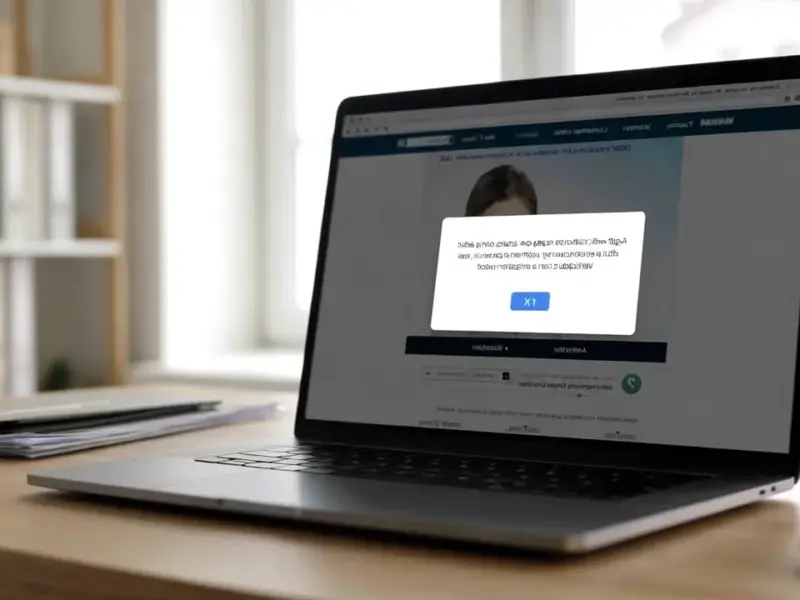According to TechRadar, Cameroon authorities have blocked access to TikTok, YouTube, Facebook, and Telegram amid widespread protests over the country’s contested presidential election. The social media blackout represents a major escalation following initial internet disruptions that began on October 23, 2025, as 92-year-old President Paul Biya looks to extend his 43-year rule. Swiss-based Proton VPN recorded a staggering 3,000% increase in new user signups from Cameroon on October 23 alone. The company’s general manager David Peterson confirmed Cameroon has catapulted into their top five countries for free VPN usage. In response to the crisis, Proton VPN added eight new exit nodes in Cameroon via its Smart Routing feature on November 5 to provide more stable connections for users circumventing the blocks.
When censorship backfires spectacularly
Here’s the thing about internet censorship: it almost never works as intended. When governments try to shut down access, they basically create a massive demand for workarounds. And citizens get really creative really fast. The 3,000% spike in VPN signups isn’t just a number—it’s a powerful message that people will fight for their digital freedom.
Think about it. The government blocked social media platforms that were crucial for organizing protests and sharing information. But all they accomplished was teaching millions of people about VPN technology overnight. NetBlocks had warned that these measures would limit media coverage, but they probably didn’t anticipate this level of pushback.
The VPN market wakes up
This situation reveals something fascinating about the VPN industry. During normal times, these services compete on features and pricing. But during political crises? They become essential infrastructure. Proton VPN’s rapid deployment of eight new exit nodes shows how quickly these companies can respond when lives and freedoms are at stake.
And let’s be honest—this is brilliant marketing that money can’t buy. When a VPN provider becomes the tool that keeps a protest movement connected, that builds trust no advertising campaign could ever achieve. David Peterson’s tweet about Cameroon entering their top five countries tells you everything about how political events can reshape market dynamics overnight.
What this means for digital rights
We’re seeing a global pattern emerge. From Iran to Myanmar to now Cameroon, citizens are becoming increasingly sophisticated about bypassing government censorship. The tools are getting better, and people are learning faster. The ongoing internet disruptions that NetBlocks documented are becoming a standard playbook for authoritarian regimes.
But here’s the twist: every time a government tries to shut down the internet, they’re essentially running the world’s most effective VPN awareness campaign. They’re teaching their citizens about encryption, privacy tools, and how to maintain connections despite their efforts. It’s a beautiful irony that the very attempts to control information are making people more digitally literate and resilient.
So what happens next? I suspect we’ll see more VPN providers developing crisis response capabilities. The ability to rapidly deploy infrastructure during political turmoil might become a key competitive advantage. And for citizens in places like Cameroon, these tools aren’t just about accessing social media—they’re about maintaining a lifeline to the outside world when their government tries to isolate them.




